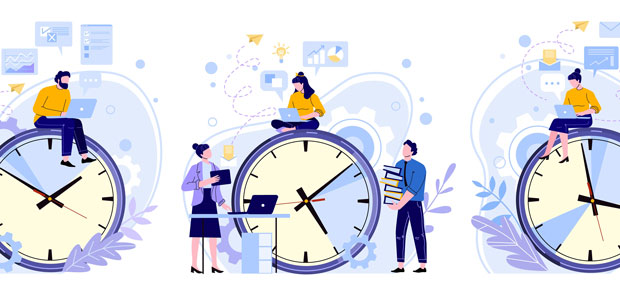
The Passion Economy: Power to the Creators
We all have an unconventional interest or two. From those who hand-make chess boards, to avid Tetris players, to people who have read every Austen novel twelve times, it's our hobbies that give life meaning and colour.
But all of a sudden, as we enter a new decade, these interests have an added dimension. Our past-times lead to expertise, but now that expertise can be monetised far more easily than ever before.
Welcome to the Passion Economy: the growing trend whereby individuals can make money from anything they’re passionate about. And while this may sound too good to be true, it's already a reality for millions of people around the world.
So, why is it all of a sudden possible to turn hobbies into livelihoods? Well, that's largely down to the array of digital platforms available, such as Etsy (a digital marketplace), Substack (a newsletter platform) and Patreon (a member subscription service). Platforms like these build online communities for people with niche interests, so that creators can find an audience who share their passion.
This access means creators are able to quickly and exponentially scale their businesses to a large audience at a low cost. Unlike the Gig Economy, which equates time as money, the Passion Economy supports self-employment by valuing individuality and creativity.
For example, think about the Comic Book Club you might have had at school. At most, it probably had a handful of keen members. In 2021, any amateur cartoonist - with the help of the internet and some talent - can reach the eyes of supportive enthusiasts, who are likely to share and buy their work.
Why is this such an important development? The seismic growth of the Passion Economy signifies the returning of power to the creator. In the past, power typically resided in the hands of institutions. Hollywood controlled which films became blockbusters; record labels decided which songs would be hits; and publishing houses gave voices to certain authors through book deals.
However, in the modern connected world, fans are able to bypass these governing bodies by finding creators online and paying them directly for their skill and time. Not only does this mean that power is trickling out of institutions and into the hands of individuals, but that cash can flow straight into the pockets of creatives. People are rewarded according to their talent and skill, rather than just by how many influential names they have in their contacts book.
It’s never been easier to join this digital revolution. Code-free website building software, such as SquareSpace and WordPress, has democratised the process of digitising one’s business, meaning even the most technophobic are now able to market their goods online.
What’s more, due to the freedom that comes with working as a self-employee, Passion Economy workers are revolutionising our traditional notion of a ‘job’. A recent study by Harris Poll and Lego, conducted across the US and China, revealed that 29% of children aged eight to twelve want to be a ‘YouTuber’; three times more than those want to be astronauts. These figures show that non-traditional ways of making money are constantly evolving, and that the next generation increasingly want non-traditional career paths. Our children may no longer think of butchers, bakers and candlestick makers as their future jobs; but instead might monetise their interests by becoming gamers, vloggers and online food bloggers.
In 2019, software company, Disciple Media estimated that the Passion Economy’s global market value was $38bn. Since then, the trend has only skyrocketed further, largely in part to the pandemic’s impact on the ways we live and work.
Being locked inside for months on end has led many people to hone their hobbies and rediscover skills. As working from home became the new normal, more and more aspects of our lives were forced online, encouraging even tech-reluctants to consider new ways to digitise their creative output and monetise their expertise. This paradigm shift is as empowering as it is democratic, and will undoubtedly result in even more previously hidden talent being discovered, recognised, and remunerated.
The idea of aligning our incomes with the things we love most might sound like a distant utopian dream. However, the exponential growth of the Passion Economy is presenting even more ways to capitalise on creativity, turning the dream into an attainable reality.

